Nestlé Purina's pet food factory in Vorsino was the first Nestlé plant in Russia to be equipped with a closed waste management cycle, dispensing with the need to send waste to external landfill sites. The opening of a new water treatment facility at the factory is also mentioned in Nestlé Purina's second "Purina in Society" social report launch, which presents the company's projects aimed at reducing its environmental impact.
Water purification
The company has invested 578 mio roubles (approx. 8 mio euros) in the plant, which is located 100 km away from Russia's capital Moscow. At the new treatment facility, modern high-tech equipment with a capacity of up to 1 300 m3 per day enables full-cycle industrial effluent purification of all pollution types: mechanical, biological and chemical. Both technical drainage and water collected in the factory's production areas (following floor washing or the removal of condensate from the evaporators) can be sent for purification. All the equipment installed meets the highest standards for treatment plants in Russia and abroad, according to Nestlé Purina. The water purification level exceeds the requirements of Russian legislation as well as the requirements for fishery water management. This means that when it is returned to the environment, it has no negative impact on the flora and fauna in water reservoirs.
"The new treatment facility installed at the factory in Vorsino is another step towards the achievement of Nestlé's global sustainable development goal - minimising our operations' environmental impact by 2030," said the head of Nestlé in Russia and Eurasia, Marcial Rolland.
The new systems in the plant in Vorsino are not Nestlé Purina Pet Care's only project aimed at reducing its environmental impact, says the company. In July 2017, the factory reached the figure of 0 kg production waste sent to landfill, and today all the enterprise's waste is processed advantageously. In addition, the factory implements programmes aimed at the rational use of electricity and water resources alongside projects targeting a reduction in the volume of packaging used, including plastic.
Giorgio Vesprini, the regional director of Nestlé Purina Pet Care in Russia, the CIS, Ukraine, Turkey and Israel, cites Russia as one of the most dynamically developing pet food markets: "Today, the Russian market is among the three largest Purina markets in Europe, along with the UK and France. We see great potential for growth in Russia - not only due…

 Menü
Menü

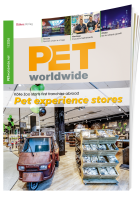



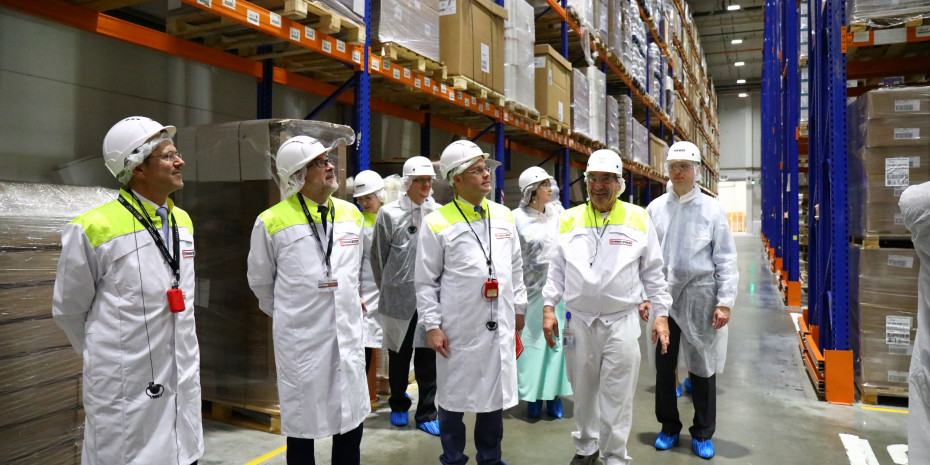


 6/2019
6/2019
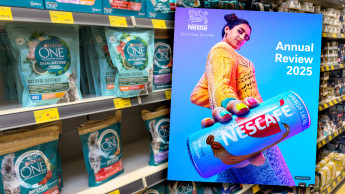
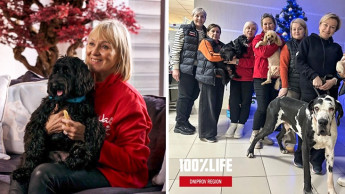
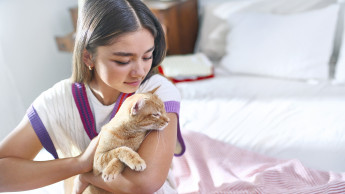
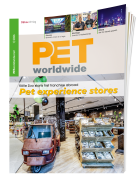
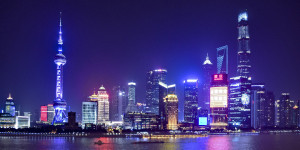

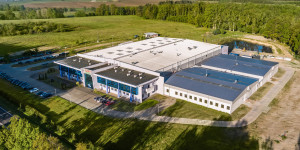
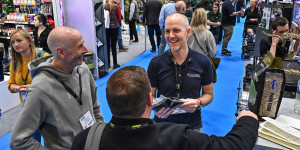

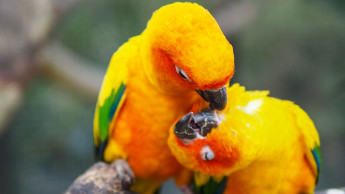
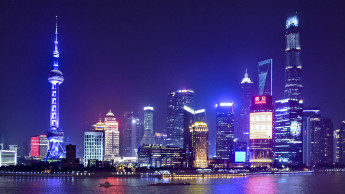
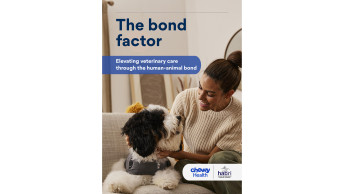
 Newsletter
Newsletter